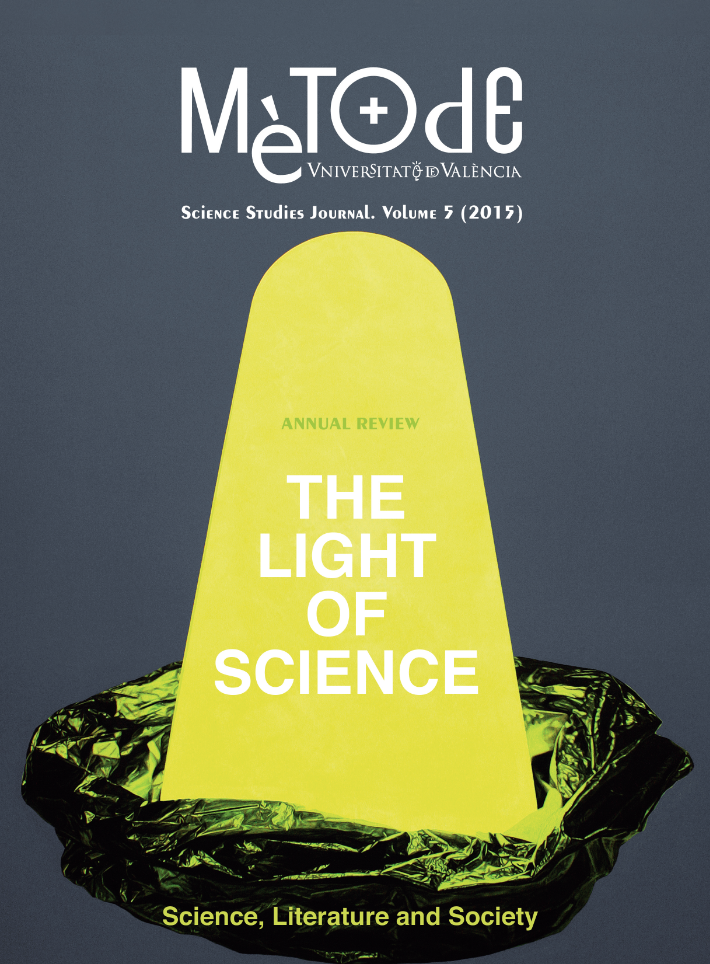The genetics of human migration: Tracing migrations through the genome
DOI:
https://doi.org/10.7203/metode.0.3088Keywords:
genetic diversity, founder effect, genome, genetic gradient Abstract
Abstract
Various academic disciplines shed light on human migrations, helping us to reconstruct the past. Studying the genetic diversity of human populations today reveals past demographic and migratory events that have left an imprint on our genome. Armed with knowledge of migrations in prehistoric times, we can test hypotheses put forward in other scientific disciplines. Similarly, the distribution of genetic diversity in the future will largely depend on today’s extensive human migrations, facilitated by technological advances.
 Downloads
Downloads
 References
References
Behar, D. M. et al., 2010. «The Genome-Wide Structure of the Jewish People». Nature, 466: 238-242. DOI: <10.1038/nature09103>.
Henn, B. M.; Cavalli-Sforza, L. L. and M. W. Feldman, 2012. «The Great Human Expansion». Proceedings of the National Academy of Sciences USA, 109: 17758-17764. DOI: <10.1073/pnas.1212380109>.
Li, H. and R. Durbin, 2011. «Inference of Human Population History from Individual Whole-Genome Sequences». Nature, 475: 493-496. DOI: <10.1038/nature10231>.
Mendizabal, I. et al., 2008. «Genetic Origin, Admixture, and Asymmetry in Maternal and Paternal Human Lineages in Cuba». BMC Evolutionary Biology, 8: 213. DOI: <10.1186/1471-2148-8-213>.
Mendizabal, I. et al., 2012. «Reconstructing Population History of European Romani from Genome-Wide Data». Current Biology, 22(24): 2342-2349. DOI: <10.1016/j.cub.2012.10.039>.
Downloads
Published
How to Cite
-
Abstract901
-
PDF (Català)263
-
PDF (Español)217
-
PDF219
Issue
Section
License
![]()
All the documents in the OJS platform are open access and property of their respective authors.
Authors publishing in the journal agree to the following terms:
- Authors keep the rights and guarantee Metode Science Studies Journal the right to be the first publication of the document, licensed under a Creative Commons Attribution-NonCommercial-NoDerivatives 4.0 International License that allows others to share the work with an acknowledgement of authorship and publication in the journal.
- Authors are allowed and encouraged to spread their work through electronic means using personal or institutional websites (institutional open archives, personal websites or professional and academic networks profiles) once the text has been published.





